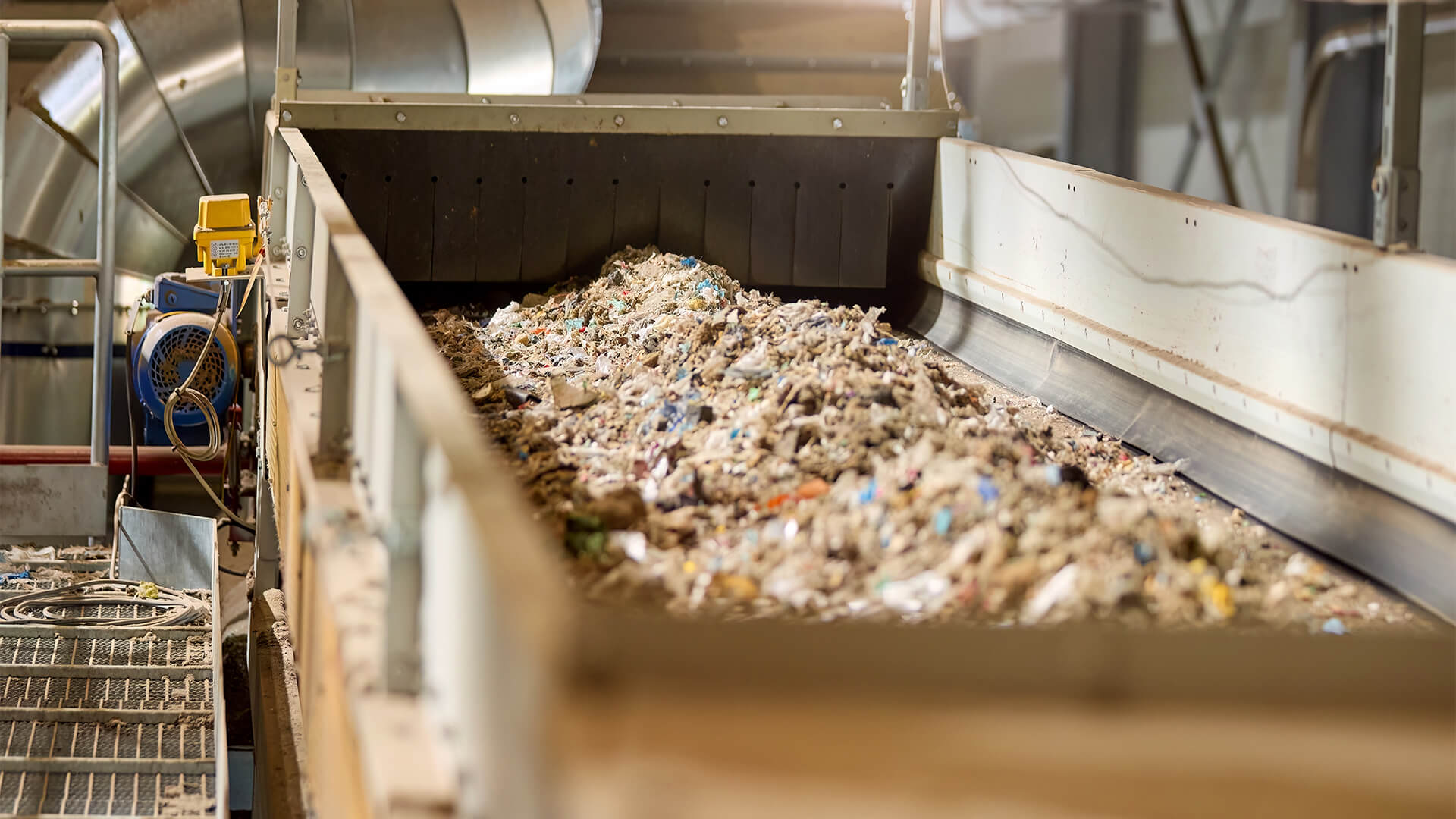The Potential of Biomass Energy: From Waste to Power
08 Temmuz 2025As the global demand for energy continues to rise, so does the urgency for sustainable energy solutions. Among the most promising renewable energy sources, biomass energy stands out by turning waste into a valuable source of power. It not only helps in energy generation but also provides effective waste management.
So, what exactly is biomass energy, how is it produced, and why is it so important? Let’s explore the details of this transformative process.
What Is Biomass Energy?
Biomass refers to organic materials derived from plants and animals. Agricultural residues, forest by-products, animal manure, municipal waste, and food industry by-products can all be used in biomass energy production.
When processed through the right technologies, this organic waste can be converted into electricity, heat, or biofuels, offering a cleaner and more circular alternative to fossil fuels.
Biomass Energy Potential in Turkey
Turkey has significant biomass resources thanks to its strong agricultural base. Residues such as olive pomace, corn stalks, animal waste, and food processing by-products provide ample opportunity for sustainable energy generation.
According to the Ministry of Energy, the country’s annual biomass potential could contribute significantly to the national energy supply while reducing environmental impact.
From Waste to Energy: The Conversion Process
The process of converting organic waste into energy involves several key stages:
- Waste Collection and Separation
Organic materials are collected from households, farms, and industries and sorted by type and composition to ensure optimal efficiency in the conversion process.
- Conversion Technologies
There are two main categories of biomass conversion:
Thermochemical Processes:
- Combustion: Burning organic matter to produce heat or electricity.
- Gasification: Converting solid biomass into gas in low-oxygen conditions.
- Pyrolysis: Decomposing biomass at high temperatures in the absence of oxygen.
Biochemical Processes:
- Anaerobic Digestion: Using microorganisms to produce biogas from organic waste in oxygen-free environments.
- Fermentation: Converting sugar-rich biomass into bioethanol using yeast.
- Energy Use and Distribution
The resulting energy can be used for electricity generation, heating, or even as a transport fuel. These technologies offer low carbon emissions and contribute significantly to climate change mitigation.
Advantages of Biomass Energy
- Carbon-neutral energy source
- Reduces environmental pollution by managing waste effectively
- Supports rural development through job creation
- Increases energy security by reducing dependence on imports
- Enables diverse energy output from a single source
Biotrend Energy’s Contribution
At Biotrend Energy, we leverage Turkey’s biomass potential through state-of-the-art facilities. Our integrated waste management systems not only dispose of waste but convert it into economic value.
We use advanced anaerobic digestion, biological treatment and monitoring technologies to ensure high-efficiency, environmentally responsible energy generation.
Fueling the Circular Economy
Biomass energy is more than just a renewable energy source — it’s a key driver of the circular economy. By transforming waste into clean energy, we reduce environmental harm and contribute to a more resilient, sustainable future.
At Biotrend Energy, we’re proud to lead the way in Turkey’s clean energy transition.





